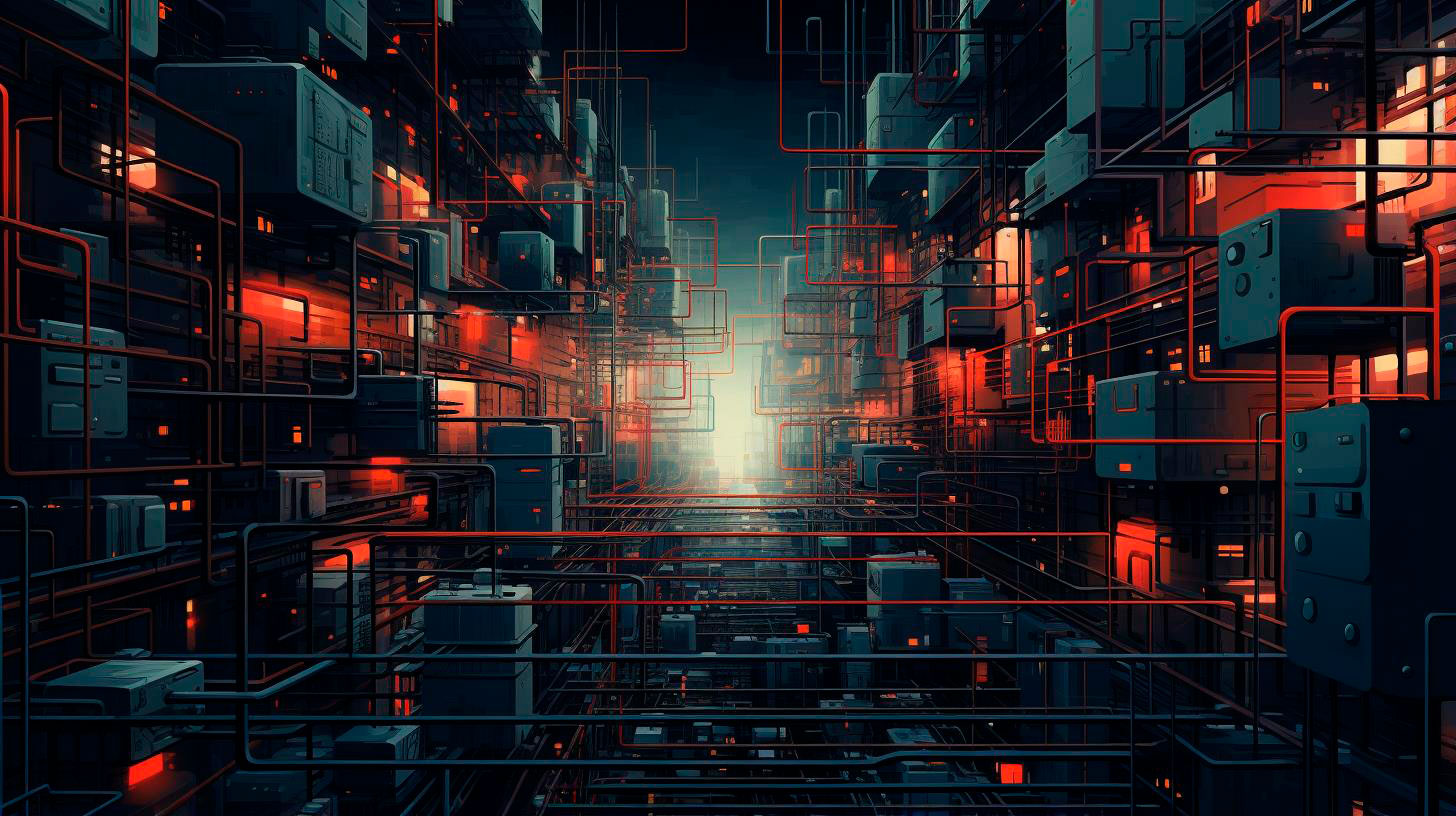Both options have their merits, but finding a balanced approach that maximizes efficiency, sustainability, and safety is imperative. In this article, we will delve into the advantages and disadvantages of nuclear energy and renewable energy sources, highlighting the need for a comprehensive energy strategy to tackle the global energy crisis.
The Pros and Cons of Nuclear Energy
Nuclear energy, derived from the nucleus of atoms, has been a significant player in global energy production for decades. Here are some crucial points to consider:
- Low Greenhouse Gas Emissions: Nuclear power plants produce very low levels of carbon dioxide, making them a cleaner energy source compared to fossil fuels.
- High Energy Production: Nuclear reactors are highly efficient in generating large amounts of electricity, making them instrumental in meeting the growing energy demands of modern society.
- Reliable Baseload Power: Nuclear power provides a consistent and reliable source of electricity, as reactors can operate continuously for long periods without interruptions.
- Nuclear Waste and Safety Concerns: One of the most significant barriers to nuclear energy is the disposal of radioactive waste. Additionally, nuclear accidents, although rare, can have severe consequences.
- Expensive to Build: Constructing nuclear power plants requires substantial upfront investment and complex regulatory processes, which can make it financially burdensome.
Understanding Renewable Energy Sources
Renewable energy sources harness power from naturally replenishing resources, such as sunlight, wind, water, and geothermal heat. Here are some key takeaways:
- Environmentally Friendly: Renewable energy sources produce little to no carbon emissions during operation, mitigating the effects of climate change. The utilization of clean technologies helps promote a sustainable future.
- Abundant and Diverse: Solar, wind, hydroelectric, and geothermal energy offer a diverse range of options, allowing countries to leverage their specific geographical advantages. This diversity reduces dependency on a single energy source.
- Job Creation and Local Economy: Investing in renewable energy infrastructure can drive job growth and stimulate local economies, creating a positive ripple effect on communities.
- Intermittent Nature: The reliance on weather conditions for energy generation remains a challenge for renewable sources. Cloudy days, calm winds, and droughts may impact the consistent supply of electricity.
- Infrastructure and Grid Integration: Seamless integration of renewable energy requires robust infrastructure and smart grid systems to accommodate fluctuations in supply and demand.
Finding a Balanced Approach
As global energy demands continue to rise, it is essential to consider both nuclear energy and renewable energy sources to avoid over-reliance on a single solution. A holistic energy strategy that combines the advantages of nuclear power and renewables can lead us towards a sustainable future. Here are a few key considerations:
- Investing in nuclear energy research and development to enhance safety measures, minimize waste, and explore advanced reactor technologies.
- Expanding the deployment of renewable energy sources, such as solar and wind, to take advantage of their scalability and availability in different regions.
- Optimizing energy storage technologies to address the intermittency and grid integration challenges of renewables, ensuring a consistent supply of clean electricity.
- Promoting international collaboration and knowledge sharing to improve global energy policies and create a standardized framework for nuclear energy and renewables.
By finding a balance between nuclear energy and renewable energy sources, we can leverage the strengths of each, while mitigating their respective drawbacks. A comprehensive energy approach with diverse sources will drive the transition to a sustainable energy future.
For further information about nuclear energy and renewable energy, you can visit the official website of the World Nuclear Association or the International Energy Agency.
